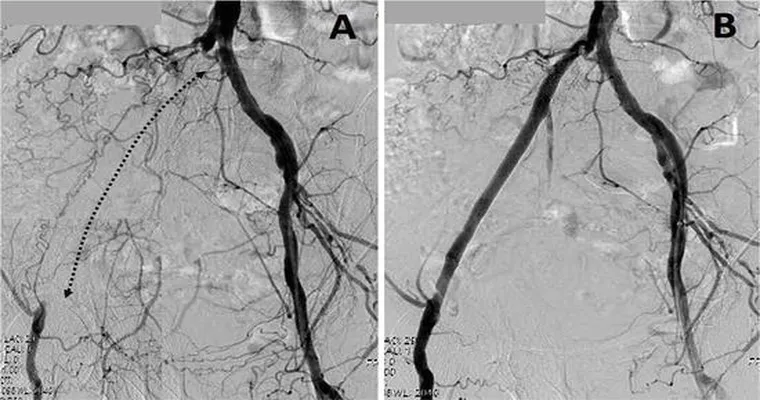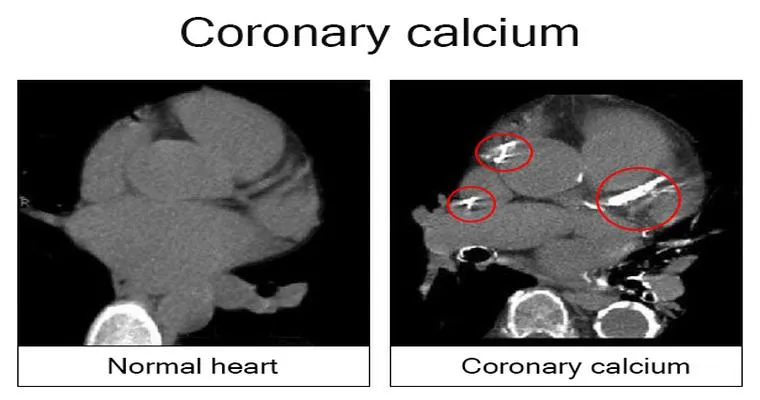When faced with a "coronary artery blockage" exceeding "70%" and a diagnosis of "vascular dementia", families are often confronted with tough decisions regarding surgical interventions. Understanding the implications of these health conditions is crucial in determining the best course of action for the patient. This article explores the complexities of treating significant coronary artery disease in patients who also suffer from vascular dementia.
Vascular dementia is a decline in cognitive function due to reduced blood flow to the brain, often resulting from conditions like "coronary artery disease". When a patient has a "coronary artery blockage", this can exacerbate cognitive decline. Therefore, the decision to proceed with surgery must weigh the potential benefits against the risks involved.
Assessing the Risks and Benefits
Surgical options for treating severe coronary artery blockage typically include "coronary artery bypass grafting (CABG)" or "angioplasty". Each of these procedures aims to restore adequate blood flow to the heart and can potentially alleviate symptoms such as chest pain and shortness of breath. However, when a patient also suffers from vascular dementia, several factors come into play.
"Risks" associated with surgery include complications from anesthesia, increased likelihood of post-operative cognitive decline, and longer recovery times. In patients with vascular dementia, the risks may be heightened due to existing cognitive impairments, which could complicate their post-operative care and rehabilitation.
On the other hand, the "benefits" of surgery can be significant. If the surgery successfully improves blood flow to the heart, it may enhance the patient's overall health and potentially stabilize or improve their cognitive function. In some cases, better heart health can lead to improved quality of life and increased physical activity, which can positively influence cognitive capabilities.
Multidisciplinary Approach
In making an informed decision, it is essential to involve a multidisciplinary team, including cardiologists, neurologists, and geriatricians. This comprehensive approach allows for a thorough evaluation of the patient's overall health, cognitive status, and the potential impact of surgery on both heart and brain health.
Additionally, discussions with family members and caregivers are crucial. They can provide insights into the patient's quality of life, preferences, and any advanced directives that may influence the treatment plan. It is important to consider what the patient values most in terms of life quality versus quantity.
Alternative Treatments
For patients with significant coronary artery blockage who may not be suitable candidates for surgery, there are alternative treatments available. "Medications" such as antiplatelets, beta-blockers, and statins can help manage symptoms and reduce the risk of heart attacks. Lifestyle modifications, including diet changes, exercise, and smoking cessation, can also play a vital role in managing heart health.
Conclusion
Deciding whether to proceed with surgery for a patient with a "coronary artery blockage" exceeding "70%" and confirmed "vascular dementia" is a complex decision that requires careful consideration of the potential risks and benefits. A thorough assessment by a multidisciplinary team, combined with input from the patient's family, is essential in making the best choice. Ultimately, the goal is to ensure that the patient's health, dignity, and quality of life are prioritized in whatever decision is made.





